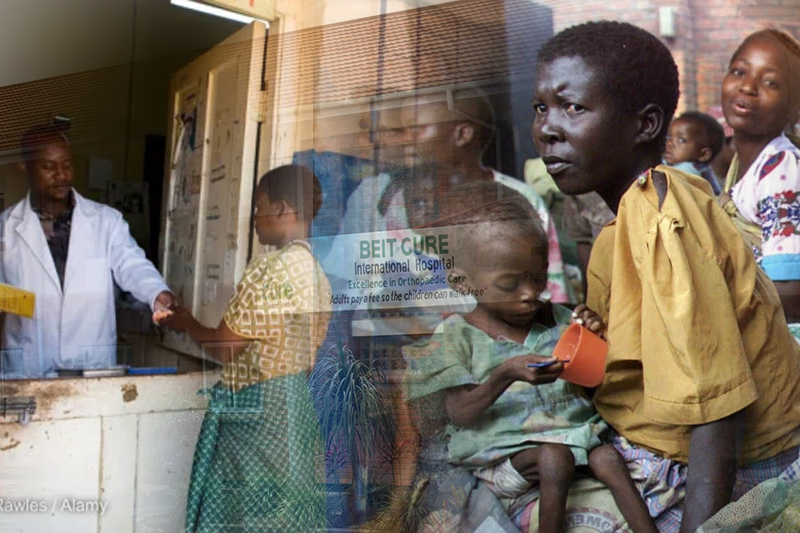
Medical supplies crisis in Malawi
African country Malawi is currently facing extreme shortage of medical supplies leading to forced shut down of many health centres. Country’s health workers have claimed ignorance from the government over the looming crisis that is crippling Malawi’s healthcare network and operations.
According to The Guardian, the patients have been asked to bring in their own syringes for the injections. Furthermore, the theatre and labour ward at the main Bwaila maternity hospital in the capital of Malawi, Lilongwe is facing temporary closures. A notice pasted on the hospital wall says “we don’t have equipment/supplies to work with”.
The shortages of medical equipment and drugs has been blamed by government on the Covid-19 pandemic that disrupted the supply chain in the country. Also, shortage of foreign currency has led to collapsed purchase chain with other countries. In May, the Malawian health ministry officials had admitted that they would “struggle to source essential drugs as there wasn’t enough money”.
“Gloves, syringes, giving sets [used to administer fluids], cotton, gauze and other essential supplies are in very short supply. Patients are being told to buy syringes when they go to the health centres. We continue to receive patients from health centres simply because they don’t have some essential supplies,” workers at Lilongwe’s Kamuzu central hospital said.
Keep Reading
The Association of Malawian Midwives and the National Organisation of Nurses have accused the government of ignoring a “worsening” problem. “While our nurses and midwives are facing challenges on the ground, we find it very illogical for the authorities at the ministry of health to claim that everything is normal at health facilities.”
“Nurses, midwives and other health professionals are unable to resuscitate patients needing oxygen therapy, put up intravenous infusions that provide a lifeline in acutely sick patients, young and old, due to poor lighting, professionally conduct deliveries in labour wards, suture tears and episiotomies, remove umbilical cords around babies’ necks, do manual removal of placentae, perform vacuum extractions,” the unions have said. Joel Moyo, president of the Anaesthesia Association of Malawi has said that the hospitals are either unable to procure drugs or are getting expired ones.
The ministry has said that they are unable to buy from suppliers due to a shortage of forex. The situation is extremely risky for the people in Malawi in need of medical care and the crisis might soon turn into a catastrophe if not attended to urgently.




